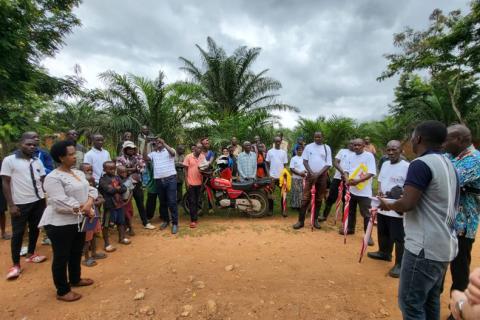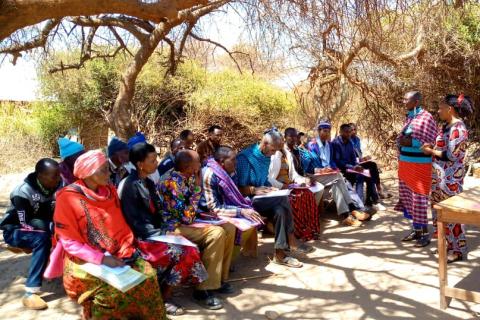LAND-at-scale Burundi: The need for a unified vision for inclusive and sustainable land governance
Burundi has the world’s highest hunger score and around 45 percent of the population is affected by food insecurity. The country copes with increasing scarcity of land as a result of increasing population size, returnees and IDPs and climate change. With the majority of Burundians depending on agriculture for their food and livelihoods, land scarcity makes this reliance on agriculture precarious. This pressure on land causes elevated levels of land disputes with over 55% of all court cases being related to conflicts over land.



